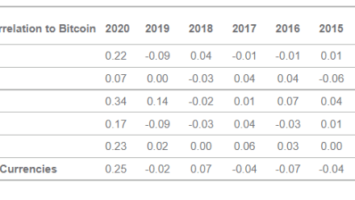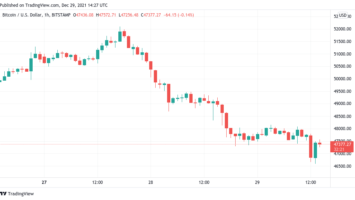The core Dogecoin development team has successfully sent a Doge payment 100 miles via radio waves. The development means that Dogecoin could be used to send payments to remote areas where there is no traditional financial infrastructure. The recipient used a Starlink internet connection to relay the transfer to the Dogecoin mainnet, meaning an internet connection was still needed to complete the transaction.
I just listened to history being made! from 810 miles @KBluezr and I listened to @michilumin send the first Radio Doge txn, formed with libdogecoin, transmit over HF to her Starlink node and get executed on the blockchain. 📻🐶💜💜💜 https://t.co/siRHCC2vPw pic.twitter.com/GolqDU9NQI
— Timothy Stebbing (@tjstebbing) April 22, 2022
The transaction was heard over 800 miles away as the director of the Dogecoin Foundation listened in to the signal. The software behind the transaction is called “Project Libdogecoin.” The project is a C-based library of Dogecoin protocols that act as building blocks for Dogecoin projects. Dogecoin developer, Michi Lumin, confirmed that “there’ll be a low cost open source hardware implementation” in the future to allow the wider community to transact via radio. Still, global chip shortages are holding this back at present.
The demo has undoubtedly highlighted dogecoin’s potential utility. The original ‘meme coin’ has been hailed by Elon Musk as having the potential to be “the people’s crypto,” and this experiment certainly gives an insight into how that could be realized. The Libdogecoin project also contains plans to create a Dogecoin standard documentation, community proof of stake, layer-2 scaling for point of sale, and these radio-enabled nodes. Once a joke, Doge may be a darkhorse in the crypto race for mass adoption.























Comments (No)